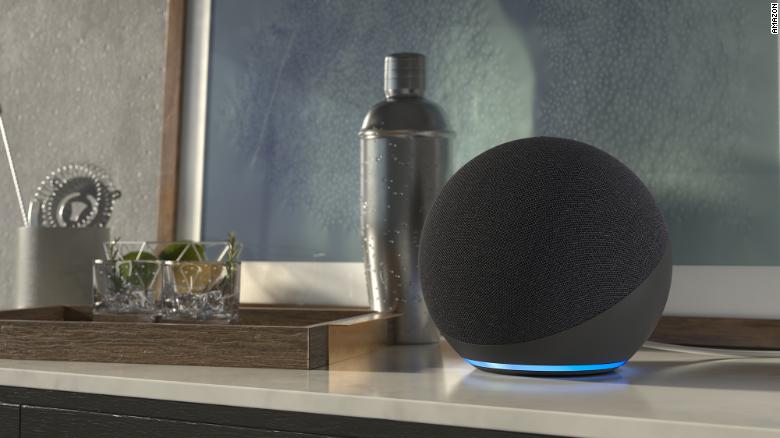
After more than 40 years of operation, DTVE is closing its doors and our website will no longer be updated daily. Thank you for all of your support.
Entertainment to dominate 13.5 billion-strong smart home market by 2025

There will be almost 13.5 billion smart home devices in use by 2025, claims a new report.
According to new figures from Juniper Research, the smart entertainment category will dominate the market and take up the bulk of the projected US$230 billion revenue smart home devices generate.
Both figures are a marked improvement from 2020, in which it is expected that there will be 7.4 billion active devices by the end of the year.
The firm attributes a significant amount of this ongoing growth to ever increasing voice assistant capabilities, which are becoming an increasingly common way of controlling digital entertainment devices. Many streaming devices and games consoles, for example, are now compatible with smart assistants from Amazon and Google, creating a compelling user experience for the smarthome.
These discrete purchases will fuel the smart home market, rather than holistic smart home packages that were common in the early days of the market. Exemplifying this is the prediction that 94% of devices in use will be from individual purchases, with less than 50 million households globally having a smart home subscription in 2025.
The dominance of entertainment devices in the smart home market reflects poorly on smart meters, which Juniper says “need further support.”
The smart metering market will grow at an average rate of 2% per year worldwide, compared to 12% for smart home entertainment devices. The report notes that this could be improved by continued support from regulatory authorities, particularly outside of Europe.
Despite an ever increasing market however, the report adds that smart home automation is not prominent among smart home households. Devices such as automated light bulbs and locks will grow to 3.9 billion active device users in 2025, which translates to 11% of households globally. Part of the problem here is that these devices are not ones which users look to upgrade on a regular basis.
Research co-author James Moar, said: “The value in this segment is being able to encourage use throughout the home; leading to a high level of value for each adopter. Outside of entertainment, adoption will come more from vendors making them the default option, rather than the technology encouraging replacement of utilitarian devices.”


